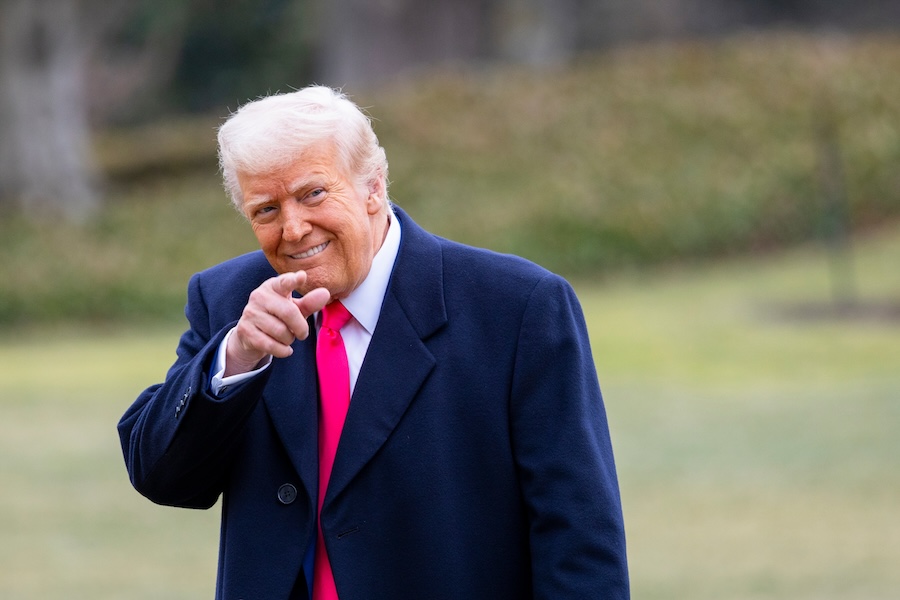Politics
NEW: Inflation Cools In April, Crushing Dems’ Trump Narrative

The nation’s inflation cooled in April, undercutting a central argument by Democrats that President Donald Trump’s frenetic tariffs would rock the economy and raise prices for Americans.
Year-over-year inflation fell to 2.3% in April, below the 2.4% expected by economists and also lower than the March rate. Analysts interpreted the results as good news primarily because it wasn’t bad news, especially given the volatility with which President Trump has implemented immediate tariffs, only to repeal them days or weeks later.
A significant decline in average gasoline price-per-gallon across the country was a driving factor, according to economists who spoke with the Wall Street Journal.
Core inflation, or the cost of goods excluding fuel and food, rose 2.8%, in line with economists’ expectations about a measure they believe to be more predictive of inflationary trends.
The 2.3% rate of inflation is the lowest since February of 2021, just before ports and supply chains became snarled with disruptions, causing America’s inflation to rise as high as 9% in the summer of 2022 in the worst period since record inflation in the 1980s.
Markets were muted in the early hours of Tuesday’s trading, a sign that traders are waiting to see how President Trump’s ongoing tariff deals continue to affect the overall economy. Stocks rose in dramatic fashion on Monday after the U.S. and China announced both sides reached a historic deal to reset trade relations and reduce triple-digit tariffs.
The deal with China means that U.S. businesses who work with Chinese suppliers will now benefit from a 90-day pause in 145% tariffs while the White House and Beijing continue to settle on long-term specifics in trade relations. China has continued to place a 10% tariff on most U.S. goods, while Trump has ordered a 30% tariff on most Chinese goods to be kept in place.
Federal Reserve Chairman Jerome Powell has said that he will continue to wait for further indications of the tariffs’ effects on the economy before lowering interest rates, something the President has publicly urged him to do and at one point even threatened to remove him from office if he doesn’t do so soon.
Analysts with Goldman Sachs said that consumers may also benefit from businesses “frontloading” their inventory through anticipatory purchases of overseas goods with the expectation that future purchases will be costlier due to tariffs.
“The frontloading of inventory this time around could modestly delay the pass through of higher prices to consumers,” Goldman Sachs economists wrote in a note last week, according to the Wall Street Journal.

